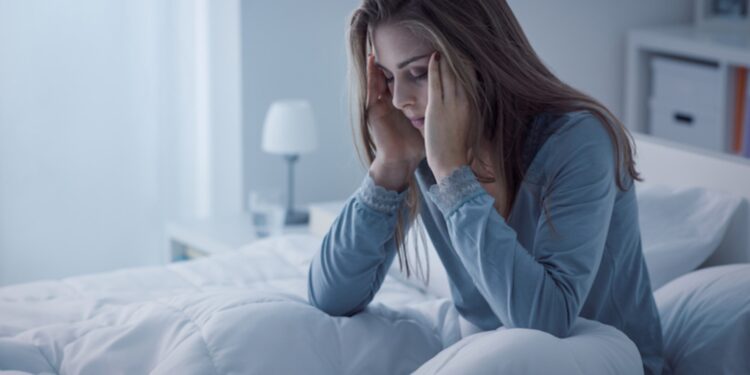The thought of winding down a stressful day by turning in at night and surrender to a deep, restful slumber should cheer anyone. Sadly, insufficient sleep is a common problem among most people. Doctors and sleep experts are now suggesting that this natural regime is becoming one of the hardest to implement.
Studies reveal that disorders are increasingly becoming a concern. About one in every four people experience acute insomnia, which is a disorder that makes it hard for them to sleep, stay asleep, or get restorative sleep.
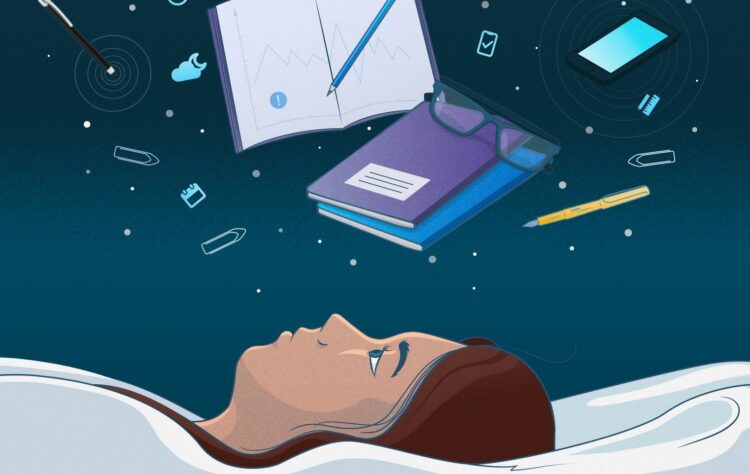
Common Types of Disorders
There are over 80 types of sleep disorders recorded by the medics. Here are the most common ones:
Insomnia: This refers to the inability to fall asleep or remain asleep. In over 75% of people, the condition auto-corrects itself or disappears with minimal lifestyle changes. The causes of insomnia vary from anxiety and stress, hormones, digestive problems, or jet lag, among others. Insomnia can also occur as a symptom of another condition.
If left untreated, this condition can lead to further problems like difficulty concentrating, irritability, or even depression.
The condition is classified as chronic when it happens regularly for a month, intermittent if it periodically occurs, and transient when it lasts for a few nights.
Apnea: Characterized by interruptions of breathing during your sleep. Apnea is a serious medical condition that deprives your body of oxygen. Obstructive apnea is when the airway space is too narrow or obstructed, disrupting airflow when sleeping. Some people suffer from central apnea, where the muscles that control your breath and brain have a connection problem.
Parasomnias: Refers to a class of disorders that cause abnormal behaviors and movements during sleep. These include talking, sleepwalking, groaning, bedwetting, jaw clenching, and other similar incidents.
Narcolepsy: This condition is characterized by sleep attacks when you are awake. One feels extremely sleepy and tired suddenly without any warning. The disorder can cause sleep paralysis making you unable to move when you wake up.
Restless leg syndrome: This occurs as an overwhelming urge to move the legs and, at times, accompanied by a tingling sensation in your legs. The symptoms are most prevalent at night, though they can occur during the day.
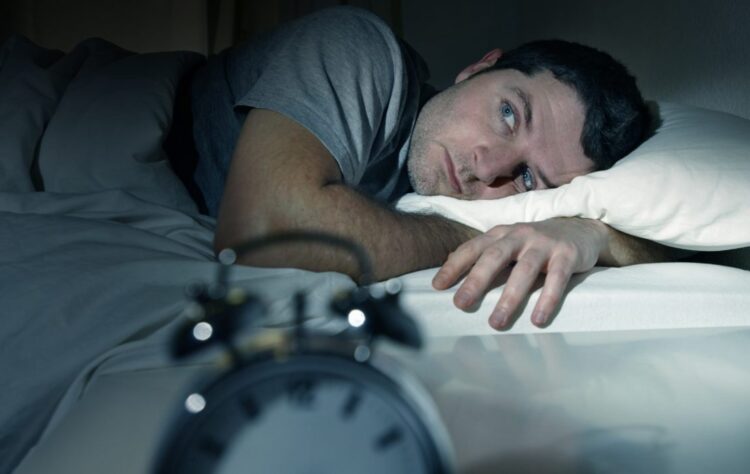
4 Best Ways to Fight Disorders
1. Seek Medical Help
There are different causes of sleep disorders. Sometimes sleep disorders occur as a symptom of another disease or condition. Most heart conditions, lung diseases, and nerve disorders are among serious health issues associated with disorders. Getting treatment for the underlying conditions will, most of the time, correct the sleep disorders.
The medical treatment prescribed for sleep disorders includes melatonin supplements, sleeping pills, melatonin supplements, dental guard for teeth grinding, and cold or allergy medication. If you have prolonged sleepless episodes when it is time to sleep, see a doctor. One that specializes in sleep disorders is the best.
2. Reduce Stress
Stress-related issues are among the most common causes of sleep deprivation. Many things elevate stress levels in individuals, especially in these unprecedented pandemic times. However, there are many relaxation therapies and stress reduction methods that you can use to manage anxiety. Progressive muscle relaxation is a proven example that many people have used to reduce stress levels. Another easy way used in many practices to relieve stress is deep breathing techniques.
Meditation produces a tranquil mind and a deep state of relaxation. As a result, one can focus all the attention and eliminate jumbled thoughts that crowd your mind causing stress. Stress management is one of the best and effective ways to fight sleep disorders. Keeping stress at bay calls for intentional efforts.
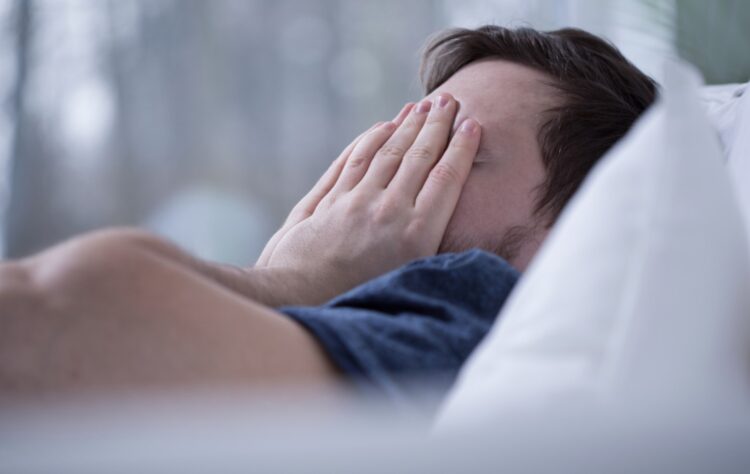
3. Pay Attention to Your Sleeping Environment and Invest in Sleep Apparel
The right lighting and temperature help people sleep better. Extreme weather and bright lights inside the bedroom can interfere with your sleep causing disorders. Ensuring your bedroom is conducive is a significant step in fighting sleep disorders. You can do this by investing in blackout curtains, ensure your bedroom is well ventilated, and maintain the right temperature in your bedroom.
Right beddings also play a significant role in fighting disorders. Your bed, sheets, and mattress should be comfortable. Sleeping experts emphasize the need to invest in the best pajamas to improve the quality of your sleep. The Snoozzze Box products have, over the years, helped people with sleep disorders by making the night restful. With a bi-monthly subscription, you will receive a box every other month at your doorstep.
Declutter your bedroom and restrict the space for the right activities. Avoid using it as storage for things you do not use. If possible, keep all electronics out of the bedroom. Develop a practice of leaving devices out of the bedroom or storing stuff under your bed.
Open windows every day to allow fresh air circulation in your room. You can also consider investing in air diffusers to keep the air in your bedroom clean. Including natural oils for a soothing and calming effect to help fight these.
4. Limit Unnecessary Activities in the Bedroom
Taking your food to the bedroom or using it for endless phone conversation is a bad practice. Avoid watching television or scrolling your phone when you are in bed. Devices emit blue rays that interact with the brain function that keeps you awake. Experts advise that you keep your devices away one hour to bedtime.
However, you can keep a book by your bedside as professionals advise that reading can help you fall asleep.
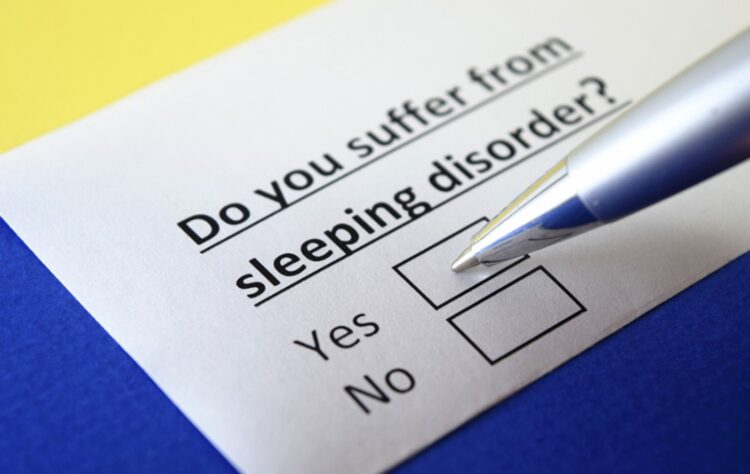
In Conclusion
In the wake of increased activities and a growing need to make life better, it is easy to compromise on sleep quality. Fighting disorders require intentional steps. Lack of enough sleep has many side effects, among them, reduce life expectancy. The above tips will help you fight sleep disorders and ensure you enjoy rest at night.

